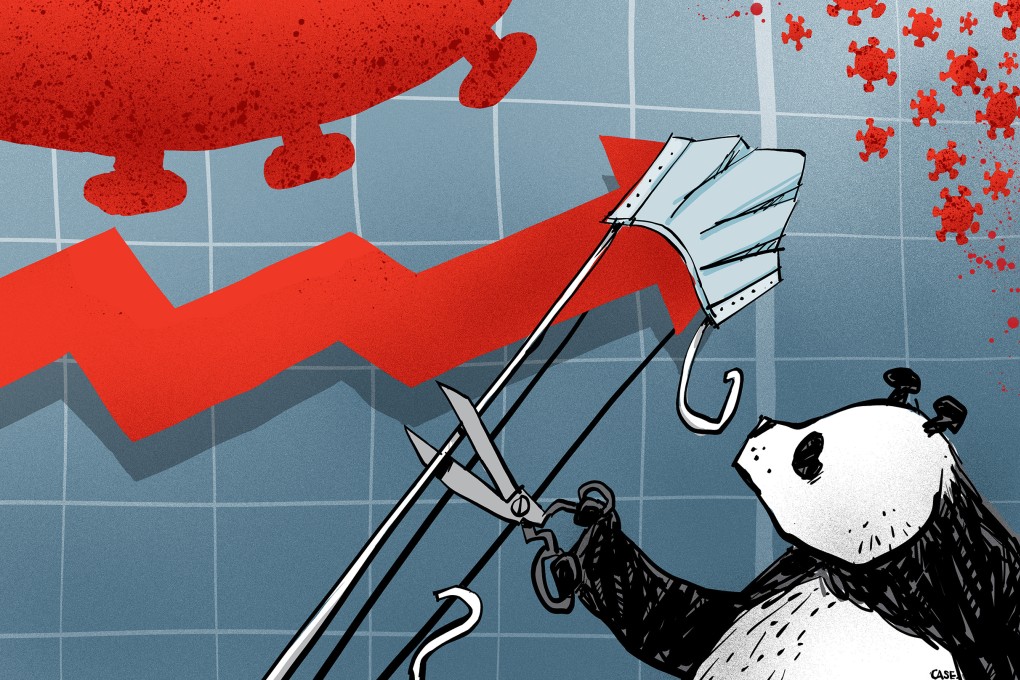Advertisement
Opinion | China’s 2023 economic recovery plan will see a big push for domestic demand amid global uncertainties
- Disruptions from China’s zero-Covid exit, a looming global recession and US tensions pose risks, but domestic demand remains key to China’s recovery
- Expect a big government boost for consumption and investment expectations, with China’s GDP set to return to 5.5 per cent growth; and Hong Kong’s, to 4 per cent
Reading Time:4 minutes
Why you can trust SCMP
5

2022 was not a good year for China’s economy. After Covid-19 disruptions, especially in Shanghai in the second quarter, the mainland economy will probably grow by just over 3 per cent for the year, missing the original 5.5 per cent target. All eyes are therefore on the plan for 2023.
A Xinhua report of the central economic work conference, held in Beijing from December 15-16, showed that the focus was clearly on economic development – fazhan (to develop or development) appears 45 times, followed by gaige (reform) at 13 times, and shichang (market) 12 times. Given that China’s gross domestic product per capita last year, at about US$12,600, was only a fifth of that in the United States, the government has its work cut out to improve livelihoods.
The report’s repeated affirmation of socialist market economics, albeit with Chinese characteristics, should dispel any anxiety about China returning to a centrally planned economy. Also, according to the report, the private sector will continue to enjoy policy support from the government in the same way as the state-owned sector, and property rights will be protected.
Advertisement
China’s “common prosperity” thrust should not be misunderstood. Its anti-monopoly laws promote and assure the efficiency of a competitive market to avoid the plutocracies seen in the US and elsewhere. This should be viewed as a strengthening of the market system.
But the Chinese economy faces significant uncertainties. The first is that its transition from zero-Covid may be economically disruptive in the short term. The second is the possibility of a global recession. Fortunately, China’s economy is no longer dependent on exports, with the main growth driver being domestic demand.
Advertisement
A third uncertainty is the US-China strategic competition, with “wars” in trade and technology likely to be the new normal for the next decade. Some decoupling is inevitable, but the economic impact will be marginal for both economies. After all, the US tariffs on imports from China have only had a small impact on China’s economy.
Advertisement
Select Voice
Select Speed
1.00x
